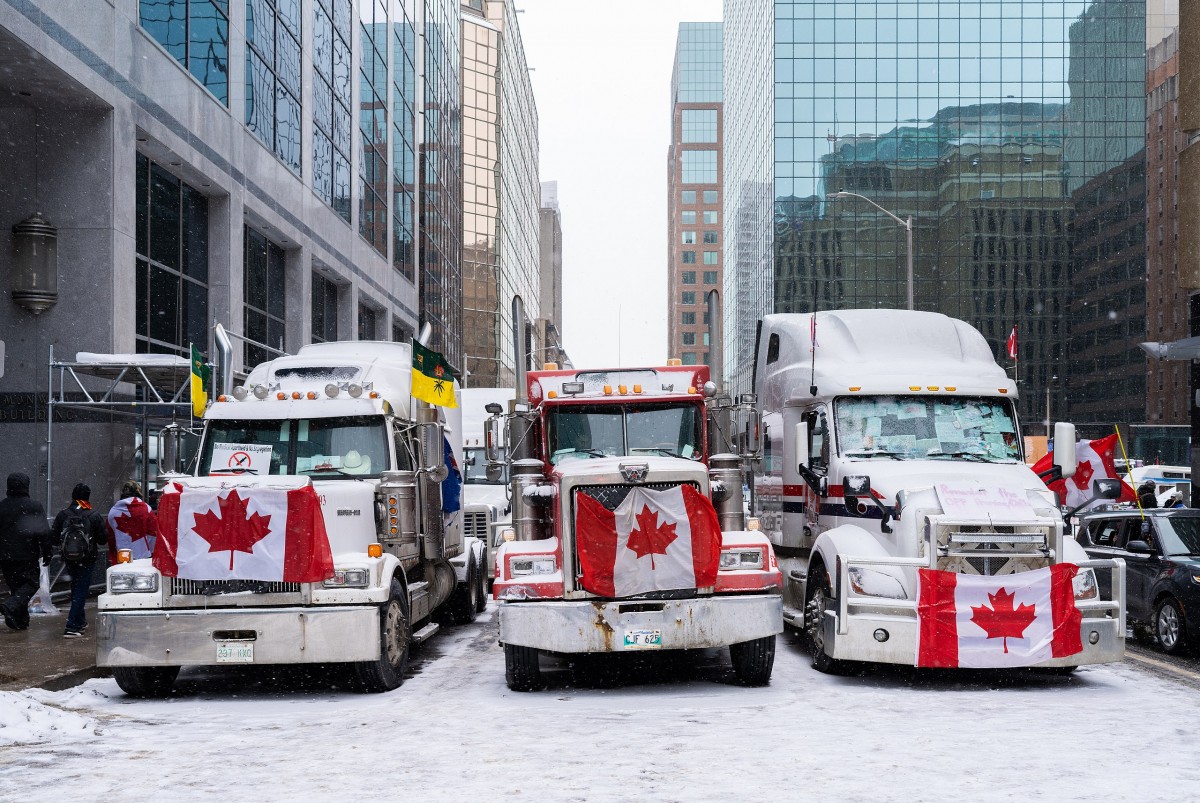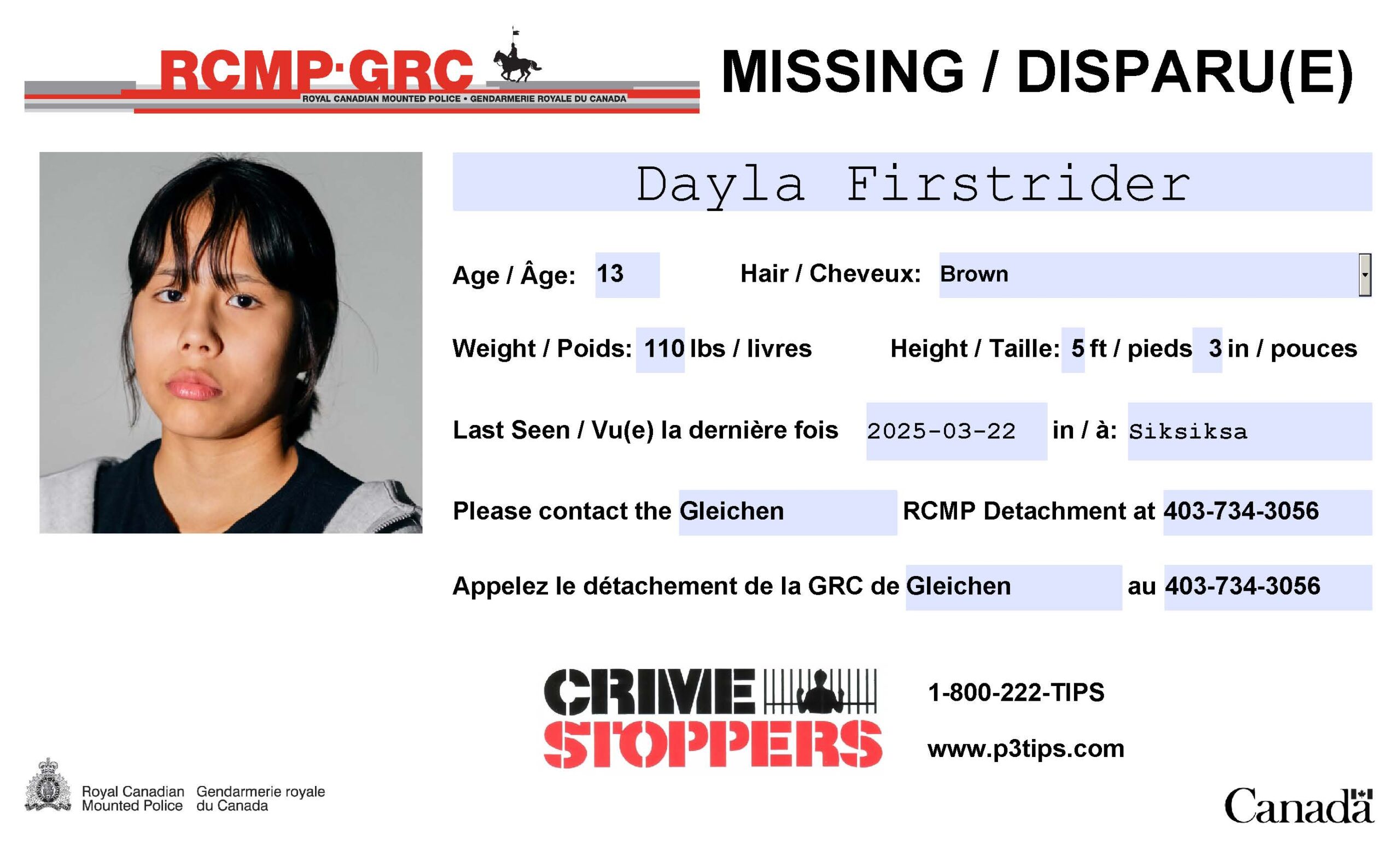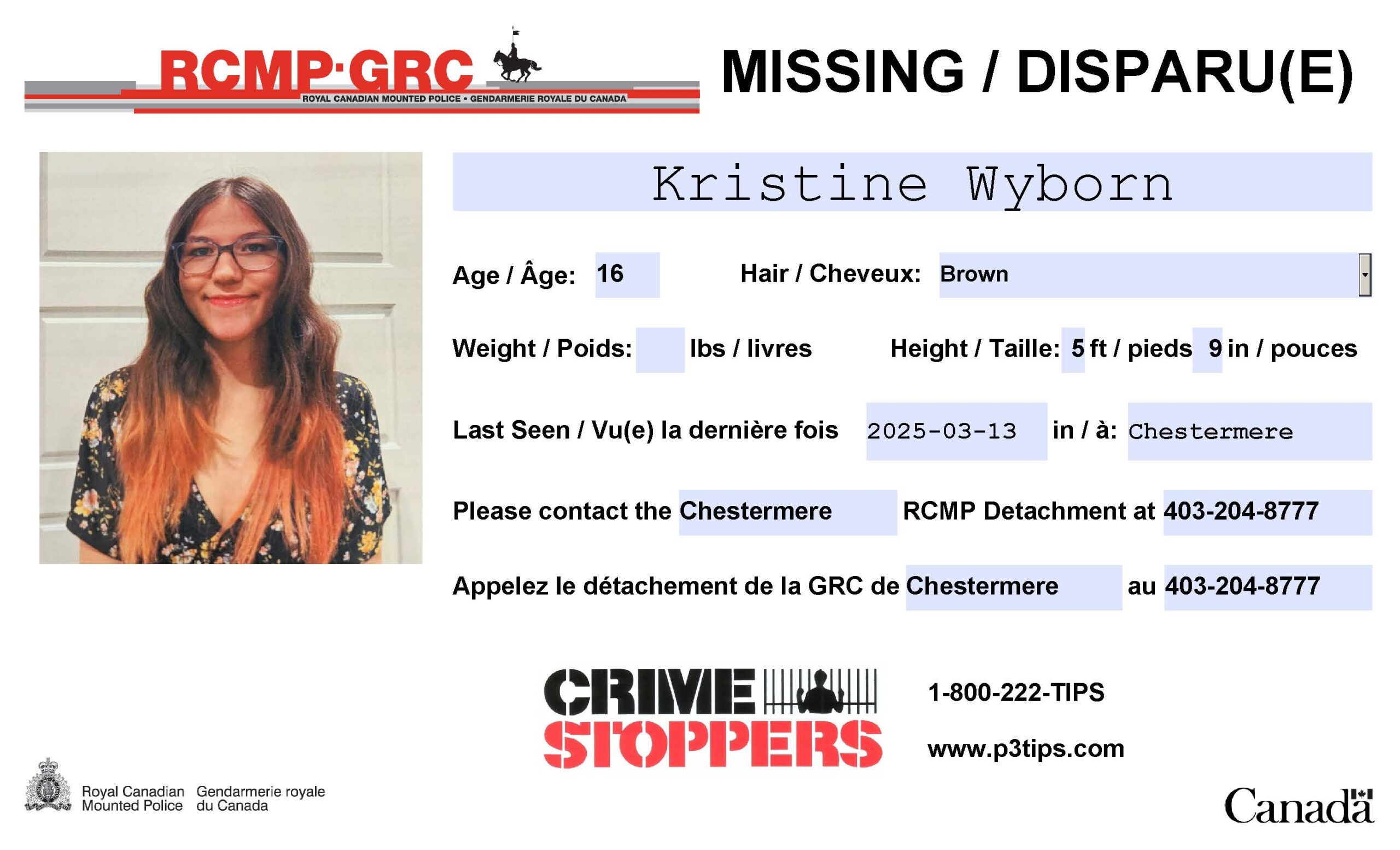In Ottawa’s hallowed courtrooms, the lawyers for two leading figures of the “Freedom Convoy” demonstrations, Tamara Lich and Chris Barber, are preparing to present their case against the testimony of nine Ottawa residents and business representatives. This move encapsulates the continuing tangle of arguments and counterarguments surrounding a protest that saw the nation’s capital blockaded in opposition to COVID-19 public health protocols.
The Crown’s intentions to summon five citizens from Ottawa, including Zexi Li who initiated a class-action lawsuit against the protest organizers, has added fuel to the ongoing legal battle. Furthermore, figures like the owner of a downtown women’s boutique, along with employees of significant Ottawa landmarks like the National Arts Centre and the Fairmont Chateau Laurier hotel, are also on the Crown’s witness list.
Lawrence Greenspon, the representative lawyer for Lich, was forthright in his belief, stating that there was no imperative to have these witnesses testify. He reasoned that the central figures in the protest, Lich and Barber, have already conceded that some protestors’ actions impacted public services and businesses. The narrative by Greenspon posits that these testimonies, in the confines of legal strictures, are redundant.
Intriguingly, the direct interactions between Lich or Barber and the witnesses are virtually non-existent. The organizers have not conceded to having any hand in the ensuing disruptions. This point was sharply countered by Crown attorney Siobhain Wetscher, who believes the organizers’ admission does not sufficiently address the gravity of the disruptions caused, nor does it mitigate the relevance of those directly affected.
The trial, as it unfolds, aims to shed light on the events that transpired when Ottawa was engulfed by a phalanx of big-rigs in early 2022. The protest had metamorphosed into an event that was described as an “illegal occupation” by the then-mayor.
Justice Heather Perkins-McVey elucidated that the nature of the protest – whether peaceful or otherwise – doesn’t directly influence the charges Barber and Lich are up against. However, it could play a role in exacerbating the situation. As the accusations of mischief, intimidation, and police obstruction loom large for the organizers, Barber has an additional charge to contend with – flouting a court injunction by endorsing horn-honking.
In a complex interplay of legal strategies, the Crown aims to draw a line connecting Lich and Barber’s directives to the experiences of downtown Ottawa’s denizens. But with diverse motivations fueling the protestors, Perkins-McVey indicated the Crown’s task might prove more formidable than anticipated.
As Ottawa awaits the unfolding of this legal drama, the trial stands as a testament to a time when a city’s streets became the crucible for a nation’s collective conscience.
THE ‘FREEDOM CONVOY’ TRIAL

Legal Battle Over Witnesses’ Testimony Intensifies in Ottawa
In response to Canada's Online News Act and Meta (Facebook and Instagram) removing access to Canada's local news from their platforms, Anchor Media Inc encourages you to get your news directly from your trusted source by bookmarking this site and downloading the Rogue Radio App. Send your news tips, story ideas, pictures, and videos to info@anchormedia.ca.







